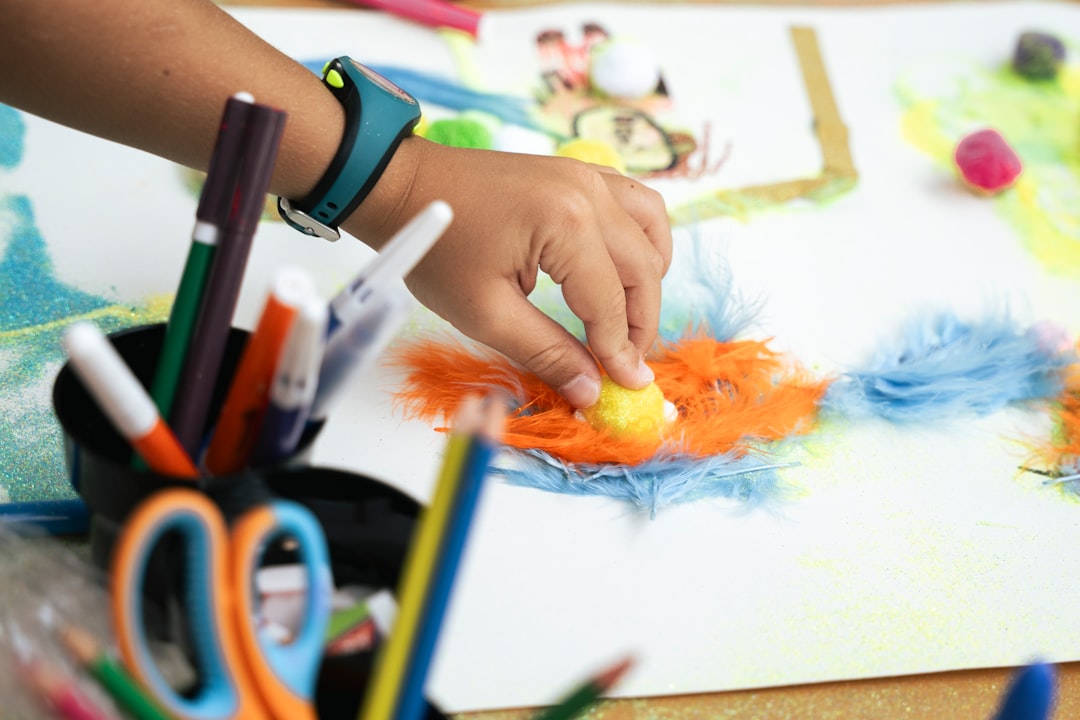In an era of rapid technological advancements and socio-economic shifts, the skill set required for future generations is evolving at an unprecedented pace. Traditional education systems, while foundational, must be augmented to prepare children for a future that is fluid and uncertain. This article explores essential skills and strategies to foster lifelong learning in children, ensuring they not only thrive in their careers but also lead fulfilling lives.
Cultivating Critical Thinking and Problem-Solving
The ability to think critically and solve complex problems is paramount in a world where challenges are increasingly intricate. Children should be encouraged to question norms, analyze information, and derive solutions through innovative thinking. Educational environments can promote this by incorporating project-based learning, where children tackle real-world problems in collaborative settings. This approach not only sharpens their analytical skills but also prepares them to face future challenges with adaptability and creativity.
Emphasis on Emotional Intelligence
Emotional intelligence (EI) is as crucial as intellectual ability in determining future success. Children with high EI are better equipped to handle interpersonal relationships and navigate social complexities. Schools and parents can nurture emotional intelligence by modeling empathy, encouraging open communication, and providing opportunities for children to express and manage their emotions effectively. Activities like role-playing or group discussions can be instrumental in developing these skills.
The Digital Literacy Imperative
In the digital age, proficiency in new technologies is not just advantageous; it’s essential. Digital literacy goes beyond understanding how to use technology—it involves discerning reliable information, managing digital footprints, and understanding the ethical implications of digital behaviors. Educators can integrate technology in a balanced manner, ensuring it’s a tool for enhancing learning rather than a distraction. Coding, digital arts, and cyber safety should be integral parts of the curriculum.
Fostering Creativity and Innovation
Creativity is no longer limited to artists and musicians; it’s a crucial skill for problem-solving and innovation. The educational systems should shift toward less rigid methodologies, allowing children the space to think and explore creatively. This can be achieved through open-ended assignments, innovation labs, and encouraging interdisciplinary learning. By allowing children to pursue projects that interest them, schools can ignite a passion for innovation and experimentation.
The Role of Lifelong Learning
The concept of lifelong learning is vital in maintaining relevance in the ever-changing job market. Teaching children the importance of continuous education and self-improvement can be started at a young age. This includes instilling a mindset that values curiosity and resilience in the face of challenges. Parents and educators should emphasize that learning does not end with formal education but is a continuous journey that enriches personal and professional lives.
The future will demand much from our children, and equipping them with the right skills will require effort from all fronts—educators, parents, and policy makers. By focusing on these foundational skills, we can prepare our children not just to respond to the future, but to shape it.



